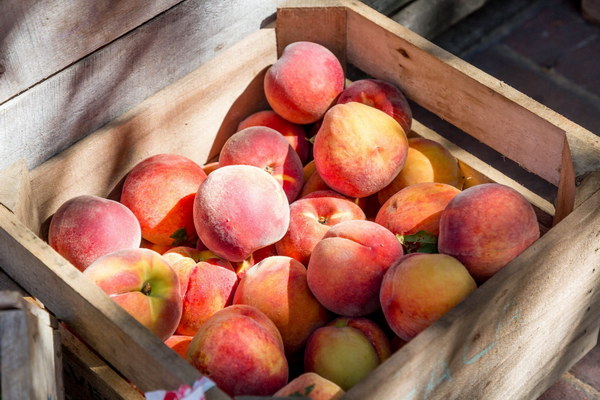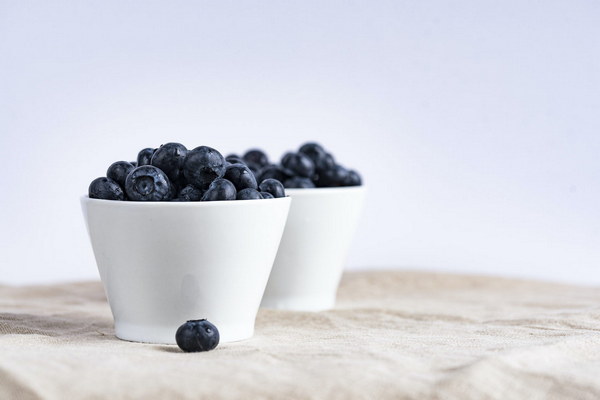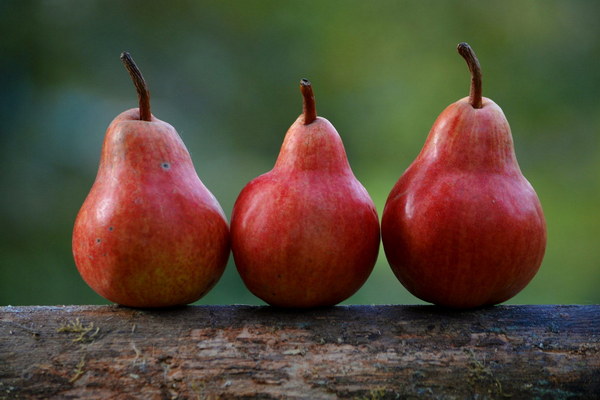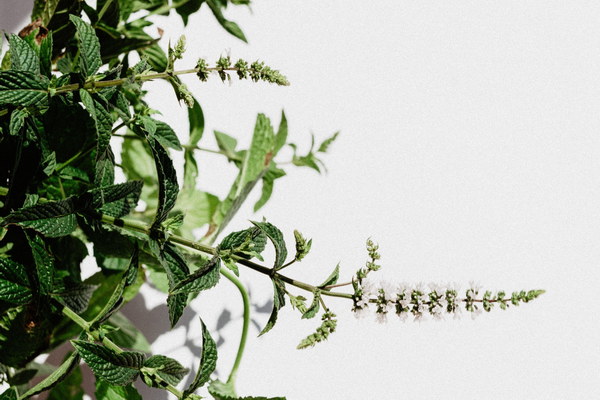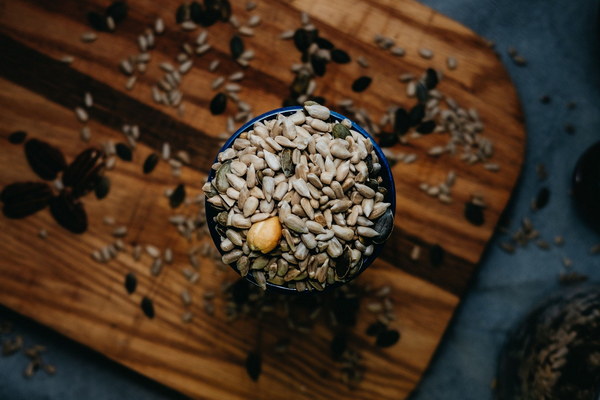Unveiling the Mysteries of Traditional Chinese Medicine Does it Really Eliminate Dampness
Introduction:
Traditional Chinese Medicine (TCM) has been practiced for thousands of years and is widely used in China and around the world. One of the key concepts in TCM is the elimination of dampness, which is believed to be the root cause of many ailments. This article will delve into the mysteries of TCM and explore whether it is truly effective in eliminating dampness.
Understanding Dampness:
In TCM, dampness is a concept that refers to a condition where excess moisture accumulates in the body, leading to various symptoms such as fatigue, weight gain, bloating, and digestive issues. According to TCM, dampness can be caused by factors such as poor diet, excessive dampness in the environment, and an imbalance in the body's internal organs.
TCM Treatment for Dampness:
TCM offers a variety of treatments to eliminate dampness, including herbal medicine, acupuncture, and diet and lifestyle adjustments. Among these treatments, herbal medicine is considered the most effective way to eliminate dampness.
Herbal Medicines for Dampness:
TCM utilizes a wide range of herbs to treat dampness. Some commonly used herbs include:
1. Atractylodes macrocephala (Cang Zhu): This herb is known for its drying and astringent properties, which help eliminate dampness and improve digestion.
2. Poria cocos (Fu Ling): Poria cocos is a sweet, mild herb that promotes the elimination of dampness and strengthens the spleen and kidney functions.
3. Alisma orientale (Ze Xie): Alisma orientale is used to treat dampness-related symptoms, such as edema and abdominal bloating, by promoting diuresis and draining dampness.
4. Pinellia ternata (Ban Xia): Pinellia ternata helps eliminate dampness and alleviate nausea and vomiting.
5. Astragalus membranaceus (Huang Qi): This herb is used to boost the immune system and strengthen the body's resistance against dampness.
The Role of Acupuncture:
Acupuncture, another TCM treatment, plays a significant role in eliminating dampness. By inserting fine needles into specific points on the body, acupuncture can stimulate the body's self-healing mechanisms and improve the flow of Qi (vital energy) and blood. This, in turn, helps eliminate dampness and alleviate related symptoms.
Diet and Lifestyle Adjustments:
In addition to herbal medicine and acupuncture, TCM emphasizes the importance of diet and lifestyle adjustments in treating dampness. Some tips include:

1. Avoiding cold, damp, and raw foods: These foods can exacerbate dampness in the body.
2. Eating more warming and drying foods: Foods like ginger, garlic, and walnuts are believed to help eliminate dampness.
3. Regular exercise: Exercise promotes the circulation of Qi and blood, which helps eliminate dampness.
4. Adequate rest and stress management: Stress and fatigue can weaken the body's immune system, making it more susceptible to dampness.
Conclusion:
While scientific evidence supporting the effectiveness of TCM in eliminating dampness is limited, countless individuals have experienced relief from dampness-related symptoms through TCM treatments. As with any medical treatment, it is essential to consult with a qualified TCM practitioner to ensure proper diagnosis and treatment. By combining herbal medicine, acupuncture, and lifestyle adjustments, TCM offers a holistic approach to treating dampness and promoting overall health and well-being.


